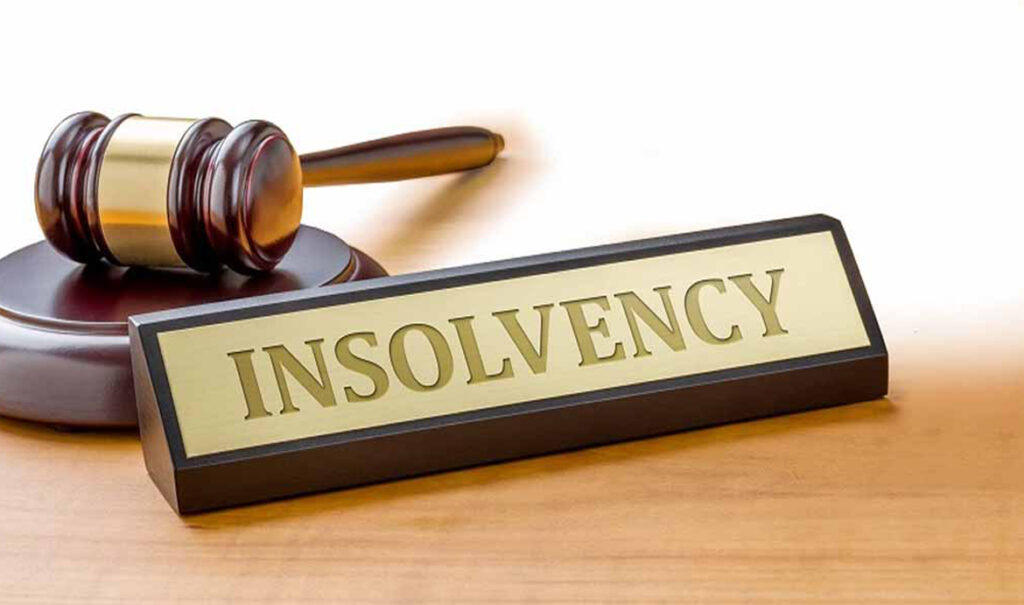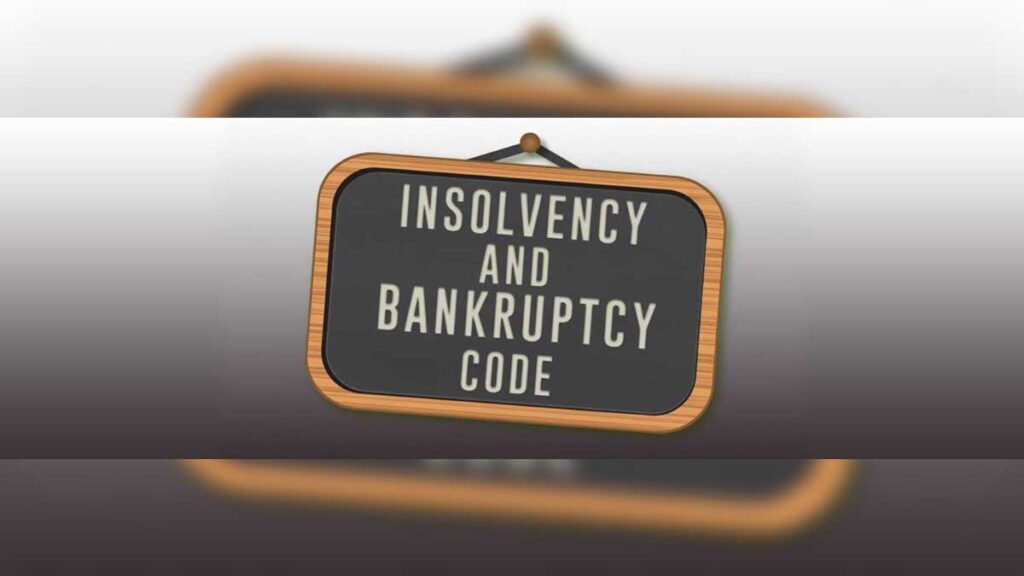
Insolvency lawyers are very important for the Australian market. There will always be companies or people that are unable to pay off their debts, and insolvency law is the field that governs these processes.
Australia’s insolvency laws aim to provide a fair system for resolving insolvency disputes. But even with all these rules and regulations in place, it can be hard to go through the field alone and guess what do insolvency lawyers do.
This is why you’re going to need insolvency lawyers for the process. That said, insolvency is complicated. So, we’re explaining what insolvency is, the types of procedures insolvency lawyers handle, and when you’ll need a team of insolvency lawyers in Australia.
Let’s dive in.

What Is Insolvency Law?
Insolvency law governs individuals and companies that are unable to pay their debts. This field encompasses all the legal procedures for resolving personal and corporate financial difficulties. There are various insolvency laws in Australia, all of which aim to create a safe and efficient environment for people looking to resolve insolvency issues.
Again, insolvency is complicated. Whether you’re dealing with personal insolvency matters or corporate insolvency, you’re going to need an insolvency lawyer to guide you through the process. The leading insolvency practitioners are experts in the field and can represent your best interests when dealing with insolvency issues.
Aside from helping people and companies reach a settlement when they can’t pay debts, insolvency lawyers also help you find a restructuring deal, liquidate assets, and dispute resolution. They can even provide strategic advice throughout the entire process to help you get the best possible outcome.
See Also: What is Commercial Law; who is a Commercial Lawyer?
Types of Insolvency Procedures
To better understand the scope of an insolvency lawyer, it’s best to look at some of the procedures and processes that many leading insolvency practitioners handle. So, here’s a quick breakdown of some of the most common insolvency procedures that you may need a lawyer for.
Voluntary Administration
Voluntary administration is an insolvency procedure where a company appoints a new external administrator because they are in financial trouble. If the board of directors determines that insolvency is inevitable for the company, voluntary administrators are appointed to determine the company’s fate.
Generally, voluntary administration ends with the administrator recommending that the company either;
- Liquidate
- Enter a deed of company arrangement
- Return the company back to the directors
The entire goal of voluntary administrations is to give companies some breathing room during insolvency. That way, the insolvency administrations can asses all possible options for the company to help find the best path forward.
Having experienced insolvency lawyers with you during voluntary administrations give you the full scope of what’s happening, helping you figure out the ideal way to recover from insolvency.
Liquidation
Another procedure that insolvency practitioners may assist with is liquidation. Liquidation occurs when companies fail to meet their financial commitments and trade during insolvency. When this happens, liquidators are appointed to ensure that the company is dissolved in an orderly and legal manner, click here to learn more about liquidation.
During this process, liquidators typically dive deep into company affairs and provide a detailed report of their findings. That way, they can determine the best way to liquidate and deregister the company.
This can be a very complex process. This is why it’s best for companies to have insolvency lawyers helping them throughout the entire corporate insolvency process.

Bankruptcy
This is a procedure for personal insolvency. When an individual declares themselves bankrupt, they are given somewhat of a clean slate. Filing for bankruptcy allows you to absolve yourself of significant debts, and the process can last up to 3 years.
While this procedure gives individuals a way out through personal insolvency agreements, it’s important to understand the repercussions and consequences of declaring bankruptcy. For example, if you declare bankruptcy, you can affect your ability to travel overseas. On top of that, you may not even be absolved of all debts, affecting your future income.
This is why you need insolvency practitioners with you throughout the entire process. That way, you’re given expert advice about your specific situation that you can use to bring about the best possible outcome.
Receivership
Another procedure during insolvency is receivership. During this process, the courts place companies in the hands of a receivership. This is done to allow the company to repay their debt to the debtors. Once the receiver has the company, they may sell certain assets and even the company itself to repay the debt.
After selling the assets, the receivers and managers will distribute the proceeds to the appropriate agencies to repay the debt. Throughout the process, liquidators may be present, which is important to understand. This is a very different process from insolvency administrations, and you’ll need lawyers by your side to give you crucial and useful advice.
When Do I Need Insolvency Lawyers?
Insolvency can be a very tough process that touches on complex matters. And if you want to get the best possible outcome for you or your company, you need a lawyer by your side. Lawyers that specialise in these cases can help you with insolvency administrations and bankruptcy, get a restructuring deal, and even represent you in federal court.
Whether you’re going through personal or corporate insolvency, you’ll need a legal team with you. So, if you see that your personal or business finances are going to fall short and you may have to file for bankruptcy, call a corporate insolvency expert right away.
When you do this, they’ll be able to advise you on the best path forward. Again, there are many ways to proceed when approaching insolvency. And for businesses and individuals alike, it’s important to choose the best path for their situation.
There are many law firms that specialise in all aspects of insolvency, the bankruptcy act, and conflict resolution. You’re going to need their technical expertise when entering insolvency, so make sure not to skip out on their services.
Conclusion
It’s pretty tough to understand the job of an insolvency lawyer. After all, the entire insolvency process is complex and tough for businesses and individuals alike. But when you have the leading insolvency practitioners with you, you’ll find it much easier to reach the most desirable outcome!
